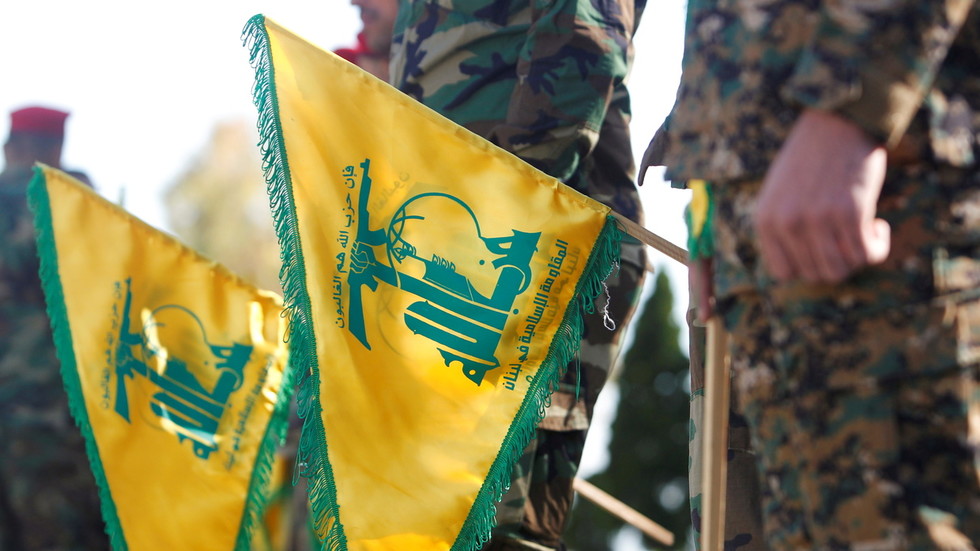The footage included labels pointing out apparent military infrastructure, including the short-range Iron Dome air defence system which is designed to destroy rockets.
The video, more than eight minutes long, was mostly filmed on Tuesday, the group said.
The video also included nighttime shots that Hezbollah said were captured “earlier” and other images the group said were taken earlier in July. The caption said it was only “some” of what the drone had captured.
It was the third in a series of videos released by Hezbollah which the group has said are meant to demonstrate how far its surveillance of Israel has reached. The first video showed the Israeli port city of Haifa and the second the Israeli-occupied Golan Heights.
A spokesperson for the Israeli military said in a statement on X that the video was filmed by a surveillance drone and the base’s operations were not affected.
The videos have been released as tensions mount over Israel’s war on Gaza and over frequent exchanges of fire across Lebanon’s border with Israel.
At least 39,145 people have been killed in Israel’s war on Gaza since October, according to Palestinian authorities, and most of the territory’s 2.3 million residents have been displaced.
Israel’s assault on Gaza started after a Hamas-led attack on Israel on October 7, in which 1,200 people were killed, and 250 others taken captive.
Hezbollah started launching rockets at Israel on October 8, saying it will continue until there is a ceasefire in Gaza.
The military tensions between Israel and Hezbollah have killed nearly 350 Hezbollah fighters in Lebanon and more than 100 civilians, including medics, children and journalists, while in Israel, 10 Israeli civilians, a foreign agricultural worker and 20 Israeli soldiers have been killed.
Jeanine Hennis-Plasschaer, the UN’s special coordinator for Lebanon, warned that a miscalculation along the Israel-Lebanon border could “engulf the entire region” in war.
Her statement echoes growing fears that hostilities between Israel and Hezbollah, which have traded near-daily cross-border attacks during the Gaza war, are reaching a boiling point.
Hennis-Plasschaer added that solutions to such hostilities “do not only lie in Lebanon” and expressed hope that a Gaza ceasefire deal could resolve them.
